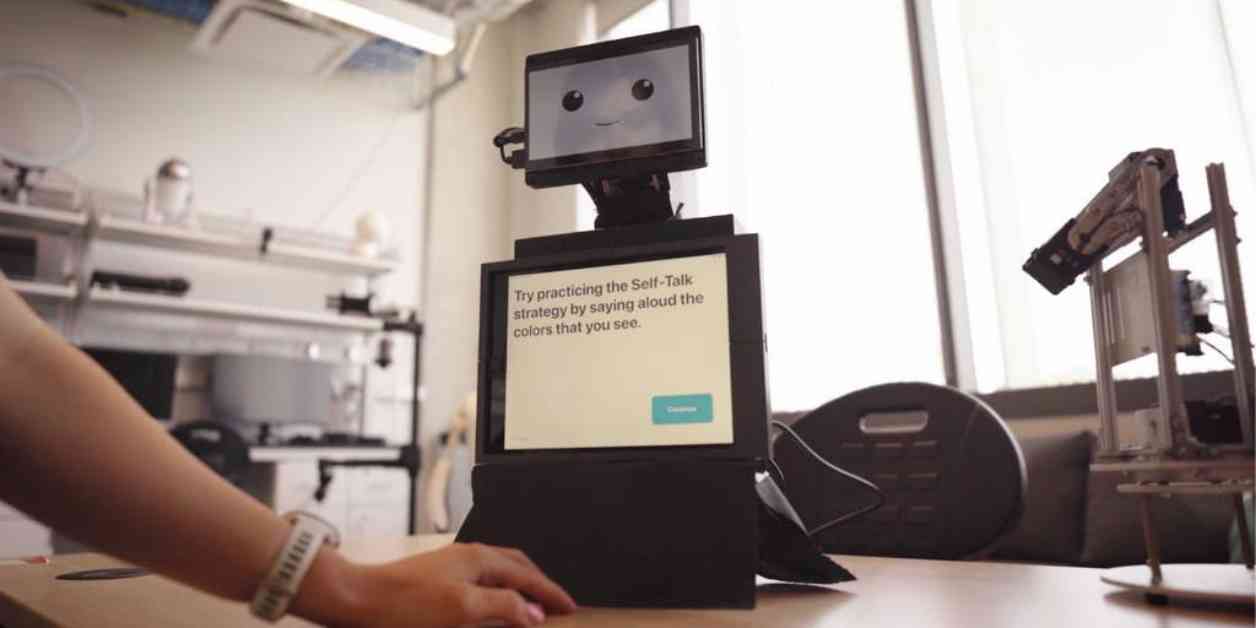As we age, our cognitive functions may start to slow down, leading to memory hiccups and forgetfulness. For some, this could be a sign of mild cognitive impairment. However, there is a new solution on the horizon in the form of CARMEN, a robot companion designed to give your brain the workout it needs.
CARMEN, which stands for Cognitively Assistive Robot for Motivation and Neurorehabilitation, is a tabletop robot developed by researchers at the University of California San Diego. This robot acts as a personal trainer for your brain, guiding you through exercises to boost memory, attention, and problem-solving skills. What sets CARMEN apart is its focus on teaching compensatory cognitive strategies, helping individuals find clever workarounds for cognitive challenges.
Mild cognitive impairment (MCI) affects about 20% of individuals over 65, and it can be a precursor to dementia. While there are no miracle pills to stop MCI from progressing, behavioral treatments like CARMEN can make a real impact. Users who spent time with CARMEN reported trying out new strategies and finding the robot easy to use.
The team behind CARMEN at UC San Diego collaborated with doctors, individuals with MCI, and caregivers to ensure the robot’s effectiveness in real-life situations. They designed CARMEN to be user-friendly, with clear communication and empathy. The robot is also capable of giving users breaks to maintain engagement.
Looking ahead, the researchers plan to test CARMEN in more homes and enhance its conversational abilities while prioritizing user privacy. They are also exploring how CARMEN could assist individuals with other conditions such as ADHD. While the exact cost and release date are still unknown, CARMEN shows promise for providing accessible, at-home cognitive support in the future.
In addition to CARMEN, other technologies like Sens.ai offer different approaches to cognitive enhancement. Sens.ai is a brain training system that caters to a broader audience looking to improve various cognitive aspects. These systems demonstrate the growing interest in cognitive enhancement tools and the potential for diverse options to support brain health and cognitive function.
Overall, CARMEN represents a significant advancement in cognitive health support, making clinically validated exercises more accessible through an interactive robot companion. With the potential for AI assistants like CARMEN to become common household tools, there is hope for extending independence and improving quality of life, especially for aging populations. Would you welcome a robot like CARMEN into your home to help boost your cognitive skills and keep your mind sharp? Let us know your thoughts.




















